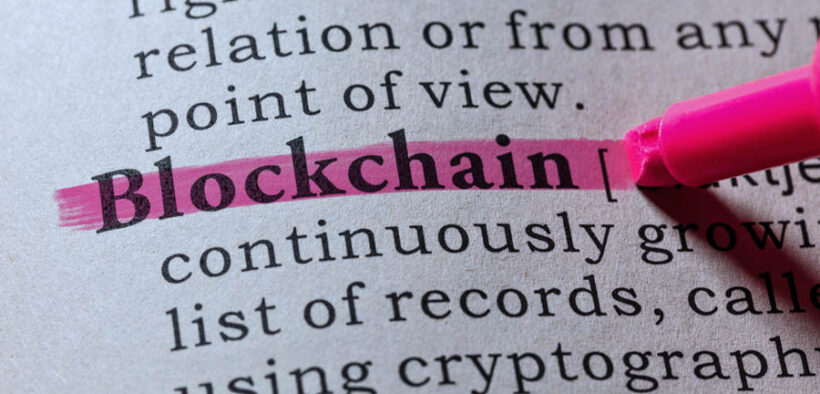Lawmaker files bill to integrate blockchain in public administration

The legislation aims to improve transparency, efficiency and security in Puerto Rico government operations.
To integrate blockchain technology into multiple Puerto Rico government agencies, New Progressive Party (NPP, in Spanish) Rep. Tatiana Pérez-Ramírez recently introduced House Bill 364, aiming to “enhance transparency, efficiency, and security in the management of public information and services.” The initiative seeks to position Puerto Rico as a leader in digital governance in the Caribbean and Latin America.
The bill outlines pilot projects across key government processes — including public contracting, municipal tax collection and auditing, and demographic and property record management — to test blockchain’s practical benefits in public administration.
“In the digital age, it is imperative that our public administration modernizes and adapts to the needs of citizens. Blockchain technology offers a secure and efficient solution that can transform the way we manage government information,” Pérez-Ramírez said when presenting the measure.
To oversee the implementation, the bill establishes an Advisory Committee of the Legislative Assembly, tasked with evaluating the technology’s impact and developing a structured plan for its expansion within government operations.
“The implementation of blockchain not only seeks to modernize our government processes, but also to foster an ecosystem conducive to investment and the development of technology companies in Puerto Rico,” Pérez-Ramírez added.
The bill states that the body will work with government agencies to draft regulations ensuring compliance with cybersecurity protocols and data protection laws while safeguarding privileged or confidential information. It will also collaborate with technology experts to address concerns regarding operational costs, scalability and system integration.
Addressing to government challenges
The bill responds to challenges in public administration, including bureaucracy, lack of transparency and data vulnerability. The integration of this technology is expected to offer citizens greater confidence in their government institutions, Pérez-Ramírez said.
By distributing information across multiple nodes, blockchain eliminates the need for intermediaries, ensures data integrity and reduces opportunities for fraud.
This effort aligns with Puerto Rico’s digital transformation policies, such as the Puerto Rico Digital State Act (Act 110 of 2000) and the Electronic Government Act (Act 151 of 2004).
Given the complexity and costs associated with blockchain integration, the government will introduce the technology gradually, focusing on select areas where its benefits are most evident. The proposed pilot projects include:
- Public contracts and acquisitions: Ensuring transparency in government spending and fund allocation.
- Municipal tax collection and auditing: Creating a tamper-proof system for tax records.
- Demographic information management: Enhancing security and accessibility of citizen records.
- Legal document authentication: Verifying the authenticity and traceability of deeds, contracts and official records.
If successful, these initiatives could lead to broader blockchain adoption, the bill further states, modernizing Puerto Rico’s public services while attracting investment, fostering growth in the island’s technology sector.
Puerto Rico Blockchain Trade Assoc. support
In a statement, the Puerto Rico Blockchain Trade Association (PRBTA) confirmed its support for the bill, noting that it met with the legislature in 2022 to advocate for blockchain integration aimed at streamlining government processes, including driver’s licenses, the Municipal Revenue Collections Center (CRIM, in Spanish), and other administrative services.
“One of the key areas where blockchain could bring significant improvements is property registry management. Historically, property records in Puerto Rico have been fragmented across multiple agencies, municipalities and siloed databases, making it difficult to ensure accuracy and accessibility,” the trade group stated.
“While a comprehensive and centralized dataset does not yet exist, PRBTA emphasizes that centralization is a necessary step before effective decentralization can take place. By first consolidating property data, the government can then leverage blockchain to enhance security, accessibility and trust in the system,” the organization added.
The association also expressed support for “legislative efforts to expand government knowledge of blockchain through dedicated committees” and has advocated for “collaborating with the government to launch pilot programs that demonstrate blockchain’s real-world benefits.”
“By working together, Puerto Rico can harness cutting-edge technology to modernize its infrastructure, reduce inefficiencies and foster greater transparency — ultimately benefiting both citizens and businesses,” PRBTA stated.












